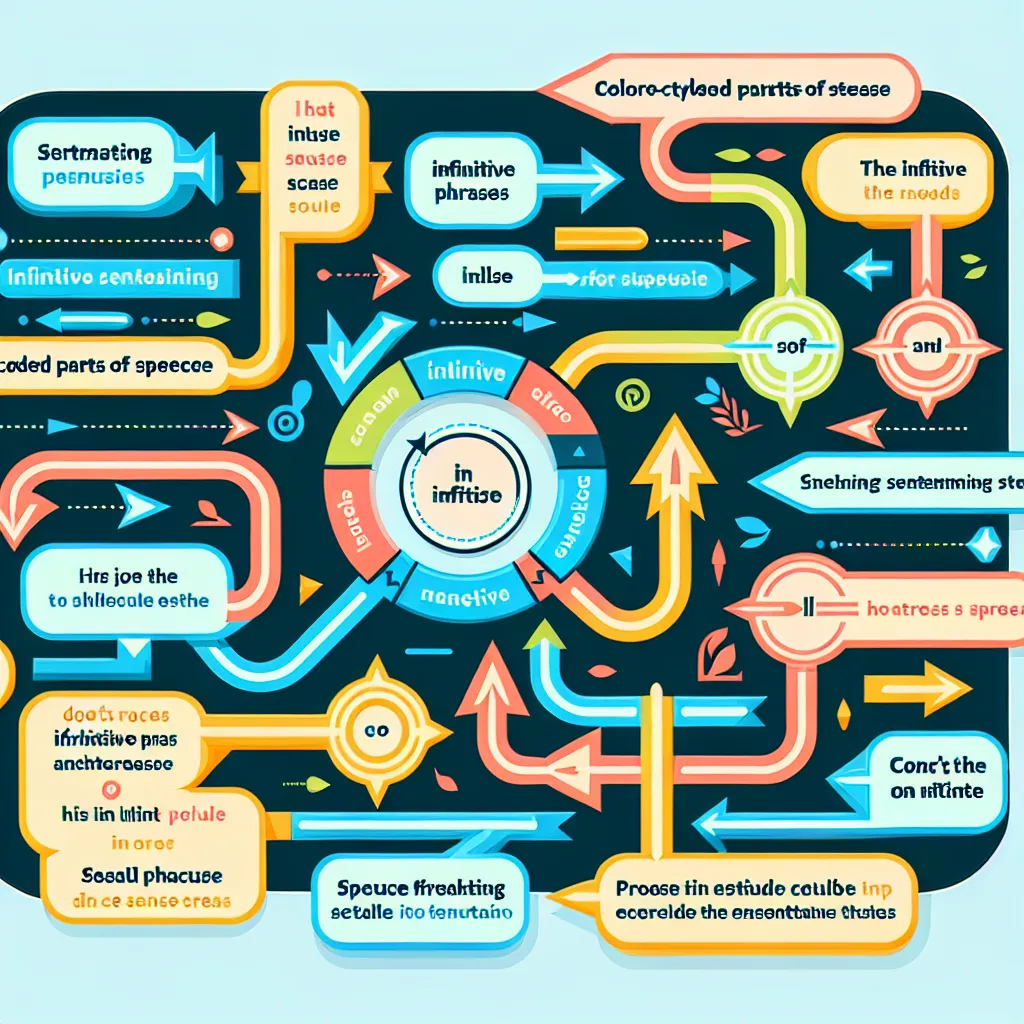Environmental reporting requires a high level of precision and clarity in language use. This guide will explore advanced grammar techniques essential for crafting professional and impactful environmental reports. Whether you’re a scientist, journalist, or policy maker, mastering these linguistic tools will enhance the quality and effectiveness of your environmental communications.
Understanding the Importance of Advanced Grammar in Environmental Reporting
Environmental reports play a crucial role in informing policy decisions, raising public awareness, and documenting ecological changes. The complexity of environmental issues demands sophisticated language use to accurately convey scientific data, trends, and recommendations.
 Environmental Report Writing
Environmental Report Writing
Key Benefits of Advanced Grammar in Environmental Reports
- Precision: Accurately convey complex scientific concepts
- Clarity: Ensure your message is understood by diverse audiences
- Credibility: Enhance the professional tone of your reports
- Consistency: Maintain a uniform style throughout lengthy documents
Essential Grammar Structures for Environmental Reports
1. Complex Sentence Structures
Environmental reports often require the communication of multifaceted ideas. Mastering complex sentence structures allows you to express relationships between different concepts efficiently.
Example:
“While deforestation rates have decreased in some regions, the overall global trend indicates a continued loss of forest cover, which has significant implications for biodiversity and carbon sequestration.”
This sentence combines multiple ideas using subordinate clauses, presenting a nuanced view of the deforestation issue.
2. Passive Voice for Objectivity
The passive voice is frequently used in scientific writing to maintain objectivity and focus on the action rather than the actor.
Example:
“The soil samples were analyzed for heavy metal contamination, and elevated levels of lead were detected in 30% of the specimens.”
Here, the passive voice emphasizes the process and results rather than who performed the analysis.
3. Conditional Statements for Predictions and Recommendations
Environmental reports often include predictions and recommendations based on current data. Mastering conditional statements is crucial for expressing these ideas clearly.
Example:
“If current emission trends continue, global temperatures could rise by 2°C by 2050, which would lead to significant sea level rise and more frequent extreme weather events.”
This sentence uses the second conditional to express a potential future scenario and its consequences.
Advanced Grammatical Techniques for Environmental Reporting
1. Nominalization for Conciseness
Nominalization involves turning verbs or adjectives into nouns. This technique can make your writing more concise and formal, which is often desirable in scientific reports.
Example:
Instead of “The climate is changing rapidly,” use “The rapid acceleration of climate change…”
2. Hedging Language for Uncertainty
Environmental science often deals with predictions and probabilities. Using hedging language can help convey the level of certainty in your statements.
Example:
“The data suggest that ocean acidification may have a significant impact on coral reef ecosystems.”
Words like “suggest,” “may,” and “could” indicate a level of uncertainty while still presenting important findings.
3. Parallel Structure for Clarity
When presenting lists or comparisons, using parallel structure enhances readability and reinforces the relationships between ideas.
Example:
“The study examined three key factors: rising sea levels, increasing temperatures, and changing precipitation patterns.”
Common Grammatical Pitfalls in Environmental Reports
-
Misplaced modifiers: Ensure that modifiers are correctly placed to avoid ambiguity.
Incorrect: “Observed through satellite imagery, the researchers noted a significant decrease in Arctic sea ice.”
Correct: “The researchers, using satellite imagery, noted a significant decrease in Arctic sea ice.” -
Dangling participles: Be careful not to leave participles without a clear subject.
Incorrect: “After analyzing the data, the conclusion was drawn that biodiversity was declining.”
Correct: “After analyzing the data, the researchers concluded that biodiversity was declining.” -
Subject-verb agreement with collective nouns: Pay attention to whether you’re treating a group as a single unit or as individuals.
Example: “The team of scientists is (single unit) conducting the study, but they are (individuals) divided on the interpretation of the results.”
Enhancing Your Environmental Report Writing Skills
-
Read extensively: Familiarize yourself with high-quality environmental reports and scientific papers to internalize advanced grammatical structures.
-
Practice regularly: Write sample reports or summaries of environmental studies to hone your skills.
-
Seek feedback: Have colleagues or writing professionals review your work and provide constructive criticism.
-
Use writing tools: Utilize grammar checking software designed for scientific writing to catch common errors.
-
Stay updated: Keep abreast of evolving language conventions in scientific writing through style guides and professional development courses.
Conclusion
Mastering Advanced Grammar For Environmental Reports is an ongoing process that requires dedication and practice. By implementing the techniques discussed in this guide, you can significantly enhance the quality and impact of your environmental communications. Remember that clear, precise, and well-structured writing is essential for effectively conveying the critical information contained in environmental reports.
For further insights on advanced writing techniques, you may find our articles on advanced grammar for government reports and advanced grammar for public relations helpful in refining your writing skills across various professional contexts.




